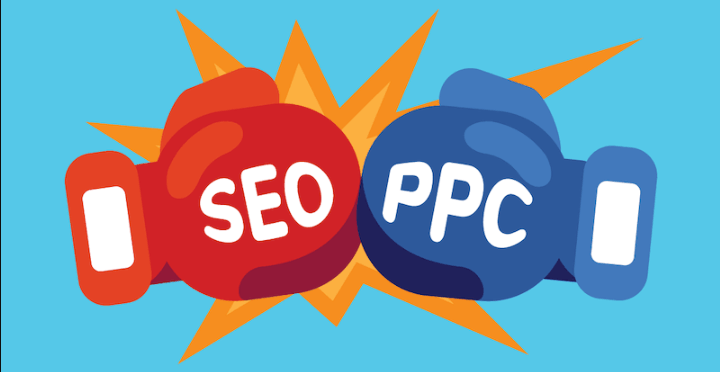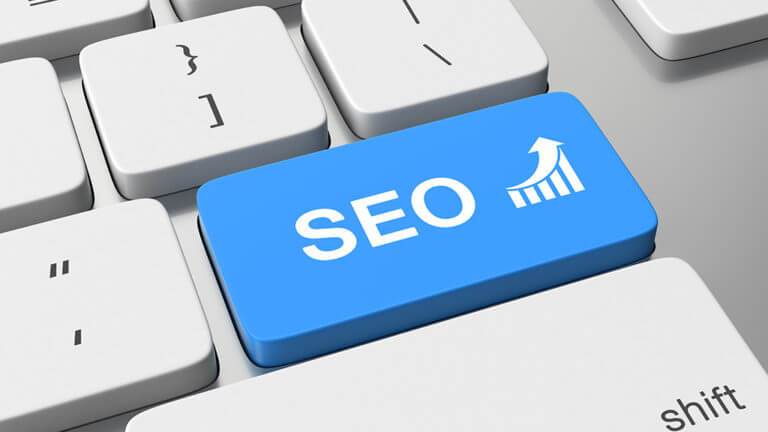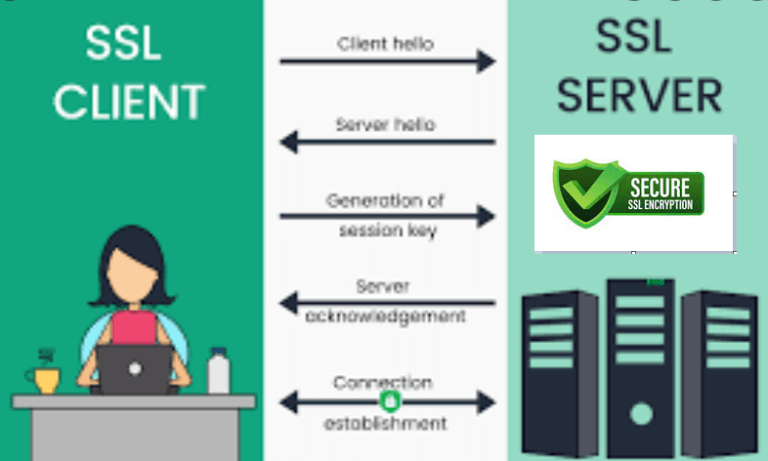SEO vs. PPC Debate Continues to 2024
Navigating the Digital Marketing Landscape
In the ever-expanding world of digital marketing, businesses are facing a critical decision: Should they invest in Search Engine Optimization (SEO) or Pay-Per-Click Advertising (PPC)? This enduring debate continues to shape the strategies of online entrepreneurs and marketers worldwide.
SEO, the practice of optimizing a website to rank higher in organic search results, and PPC, a paid advertising model where businesses pay for each click on their ads, offer distinct advantages and disadvantages. Both methods have proven to be effective, but understanding when to use each approach is essential for maximizing results.
The Power of SEO: Building for the Long Term
Search Engine Optimization (SEO) remains a cornerstone of online marketing, prized for its long-term benefits and ability to drive organic, free traffic to websites. While SEO can take time to yield results, its advantages include:
- Sustainable Growth: SEO builds a solid online foundation that can attract organic traffic over time, even with minimal ongoing investment.
- Credibility and Trust: High organic rankings in search engines like Google convey trust and authority to users.
- Cost-Effective Over Time: As organic traffic grows, the cost per visitor decreases.
However, SEO also has its challenges, including the need for ongoing effort, patience, and adaptation to search engine algorithm changes.
PPC Advertising: Immediate Results with a Price Tag
Pay-Per-Click Advertising (PPC) offers a different approach, focusing on immediate results through paid advertisements. Key advantages of PPC include:
- Instant Visibility: Advertisers can quickly get their message in front of their target audience.
- Budget Control: Advertisers can set and adjust daily or monthly budgets, ensuring cost control.
- Targeted Advertising: Precise targeting options allow advertisers to reach their ideal audience.
Yet, it also has its downsides, such as potential for overspending, fierce competition for keywords, and the fact that results vanish when you stop paying.
The Choice: An Integrated Approach?
While the SEO vs. PPC debate continues, many businesses are opting for an integrated approach that combines the strengths of both strategies. This hybrid approach recognizes the long-term benefits of SEO while leveraging PPC for immediate impact, especially for time-sensitive promotions or product launches.
As the digital marketing landscape evolves, it’s clear that there’s no one-size-fits-all solution. Businesses must carefully consider their goals, budget, and the unique characteristics of their industry before deciding whether SEO, PPC, or an integrated strategy is the right path to online success.
The most successful businesses are those that adapt and utilize these strategies effectively, understanding that SEO and PPC can complement each other for a well-rounded online marketing strategy.’
Choosing the Right Path for Your Business
Selecting between SEO and PPC or a blend of both ultimately hinges on the specific objectives and circumstances of a business. Here are some factors to consider when making this decision:
- Business Goals: Are you aiming for quick visibility and conversions, or are you focused on building long-term brand authority? Clearly defining your goals will guide your decision.
- Budget Constraints: Your budget plays a significant role in determining which strategy to pursue. It can provide quick results but may be costlier in the long run, while SEO offers a more cost-effective option over time.
- Competitive Landscape: In some highly competitive industries, achieving top organic rankings with SEO can be challenging. PPC can be a valuable supplement in such cases.
- Keyword Analysis: Assess the keywords you want to target. Highly competitive and broad keywords may be more suited for PPC, while long-tail keywords might be easier to rank for with SEO.
- Time Sensitivity: If you have a time-sensitive campaign or promotion, PPC’s immediate visibility can be advantageous. However, long-term brand-building efforts often rely on SEO.
- Analytics and Data: Keep a close eye on performance metrics and data to adjust your strategy as needed. Both SEO and PPC campaigns can be fine-tuned based on real-time data analysis.
- User Intent: Understanding the intent of your target audience is vital. SEO often caters to informational intent, while PPC can be tailored to various stages of the customer journey, from awareness to conversion.
As the digital marketing landscape continues to evolve, one thing remains constant: the need for adaptability. Successful businesses are those that stay informed about the latest industry trends and algorithm changes, allowing them to refine their SEO and PPC strategies accordingly.
The Ongoing SEO vs. PPC Debate
The SEO vs. PPC debate is far from over, as it reflects the ever-changing nature of digital marketing. Businesses and marketers should view this debate not as a choice between one or the other, but as a dynamic discussion that highlights the evolving options and nuances in the digital marketing realm.
While the debate between SEO and PPC rages on, the answer isn’t a strict “either-or” but rather a matter of “when and how.” Businesses that master the art of balancing these strategies, based on their unique needs and objectives, will find themselves well-positioned to thrive in the competitive online marketplace. The future of digital marketing is one that embraces both SEO and PPC in a harmonious, adaptable fashion, ensuring online success in an ever-evolving landscape.
For more details send us a message on Facebook Page or Email us at info@pinoyseoservices.com




